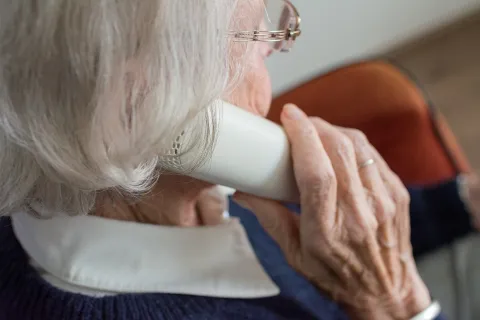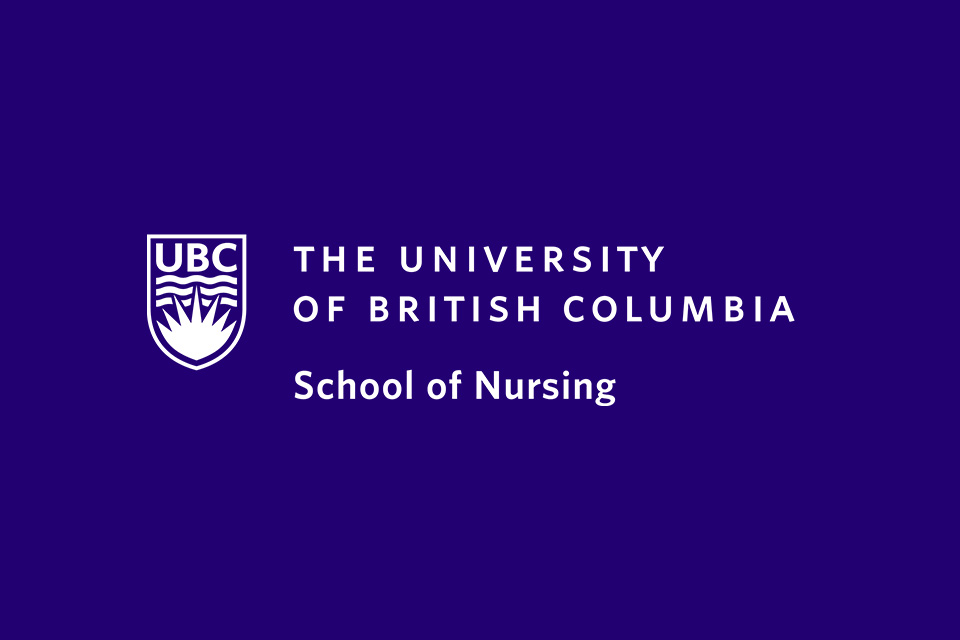
May 5, 2020
While we wait for the pandemic to end, we are all creating a new normal. Habits change and new paths open up, and out of necessity, invention thrives. At UBC’s School of Nursing, professors are finding fresh ways to disseminate and acquire knowledge from a distance.
Dr. Alison Phinney, whose research focus is on aging, was deeply concerned about how COVID and social distancing measures were likely to create or deepen social isolation for older people. At the same time, she was considering how to convert her course, NURS 354: Theoretical Perspectives in Nursing: Complexities in Seniors Care, to online learning where the problem came down to finding ways to provide students the opportunity to gain practical knowledge from a distance.
The suggestion that UBC School of Nursing students might offer “phone check-ins” with older people didn’t hit the right chord with Professor Phinney, so she looked to her research for ideas. Her program explores the benefit found in encouraging people with dementia to have input in their own lives and care through developing meaningful partnerships. Drawing on this research, Dr. Phinney envisioned something innovative and effective for her class: older people as mentors! The message changes from, “You must be lonely, do you want to talk?” to, “You have something to share. Can you teach that to our students?” To that end, Dr. Phinney and lecturer Frances Affleck began recruiting older people as mentors for the 114 undergraduate students starting the course at the end of April.
Ms. Affleck drew on her experience building community connections in the clinical component of the Primary Health Care course, and as Faculty support for the yearly Aphasia Camps and more recently the Health Mentor program, which are both Interprofessional Education initiatives. However, said Ms. Affleck, “this approach is unique in that it provides an opportunity for nurses in training to learn about aging well and successfully in the community. Because we received such a wonderful response from the community (over 118 individual responses in 9 days) we were able to pair students and seniors 1:1. This will truly allow space for what we hope will be rich conversations as our “Senior Mentors” share their unique insights and experiences around ageism, aging, and access to services and social structures that they have found helpful in supporting them through the years. Delivery of healthcare services is increasingly shifting to the community. The lived experience of a Senior Mentor provides our future nurses with an unparalleled opportunity to reflect on both their developing professional perspective and the leadership role nurses ought to hold in identifying and developing healthy aging initiatives. Already we see evidence of this in this first week where online discussions are touching on upstream changes and determinants of health. At the end of the day, we hope each student will be positively and professionally impacted by the richness of this unique opportunity to have a Senior Mentor as their personal teacher.”
The redesigned course guides conversations between each student and Senior Mentor with questions relevant to the topics under study. For example, the area of ‘healthy aging’ will benefit from the perspective of each mentor; each student will learn from responses to questions such as, “What is it like to become a ‘senior’?” “How are you and your family managing during this time of pandemic?” and “What do nurses need to know to care well for someone who is older?”
In Dr. Phinney’s opinion, this initiative is a “triple win.” First, students will have excellent, firsthand experience engaging with older people and will learn deeply about a range of people’s experiences through the course’s online discussion groups. Secondly, this initiative offers older people an important opportunity to contribute meaningfully at a time when they may find such opportunities for interaction curtailed in other arenas. Finally, for teachers, this new approach enhances the ability of the classroom, be it face-to-face or virtual, to connect to the community in real time. What we learn from this initial effort has the potential to be adapted and reframed for future course offerings long beyond the immediate crisis.


